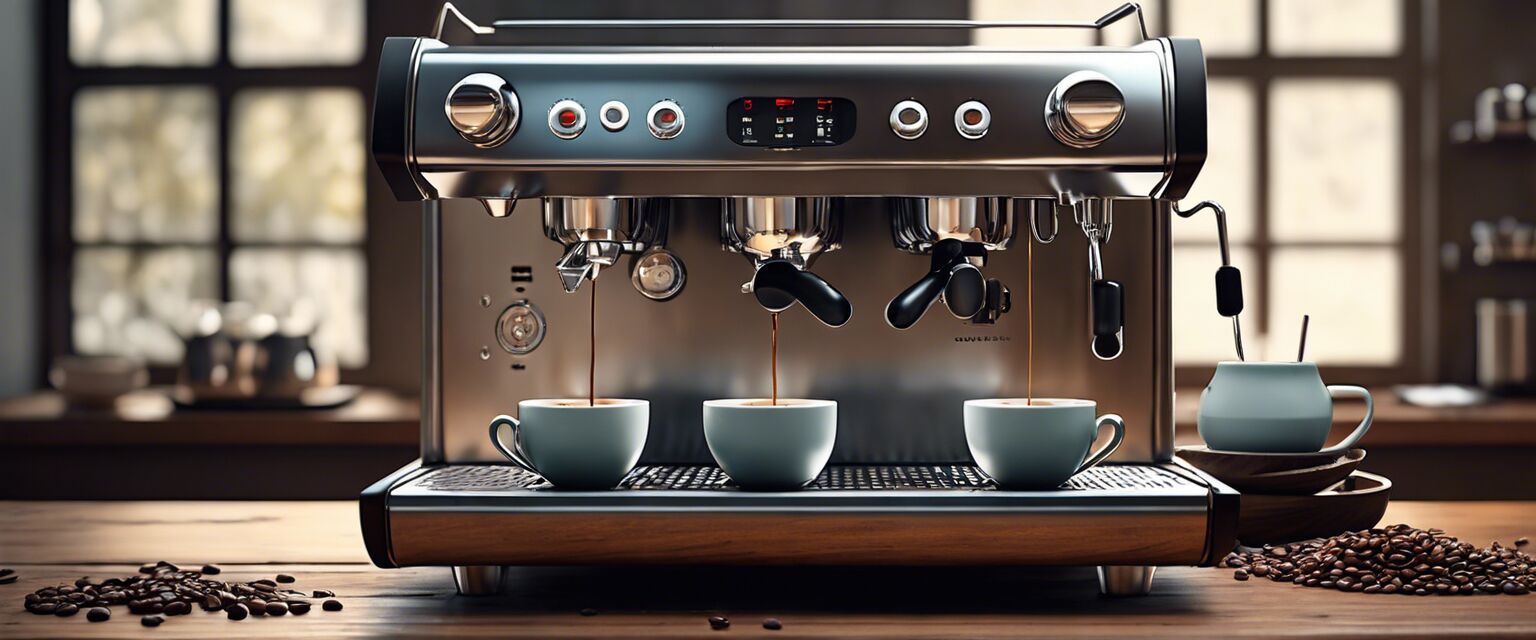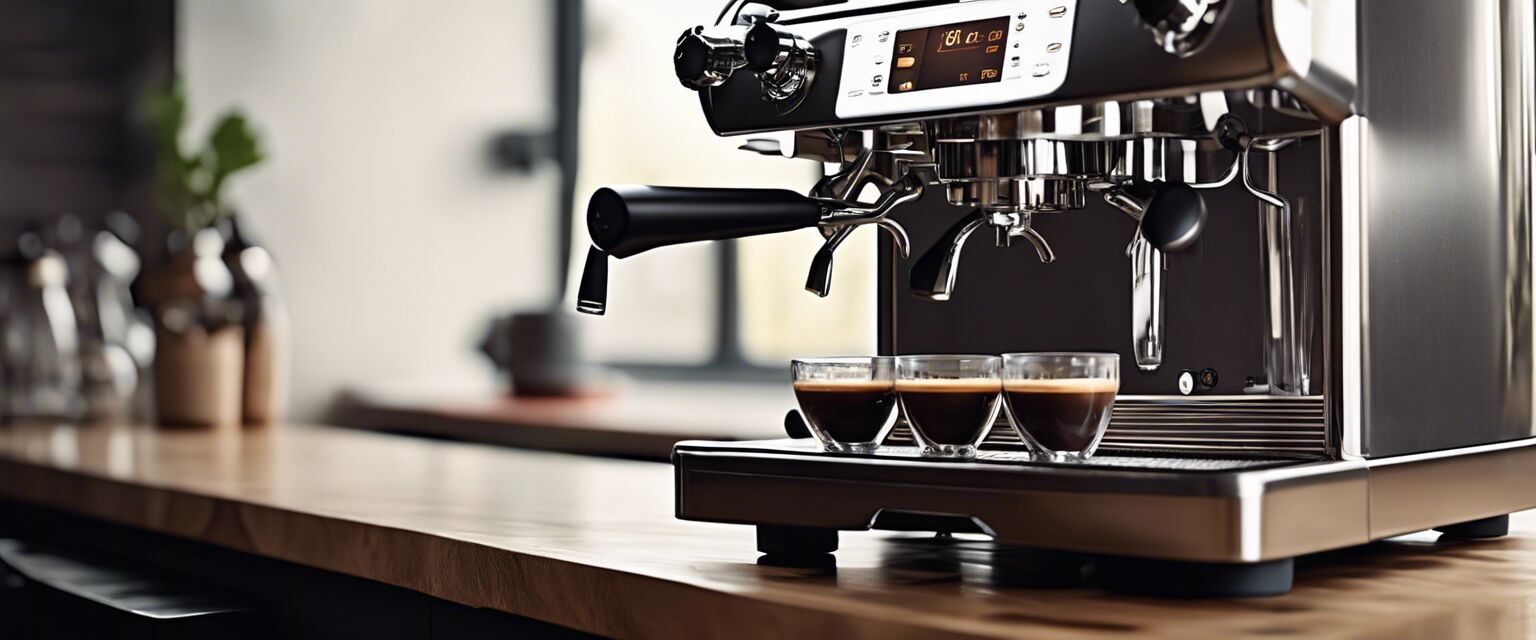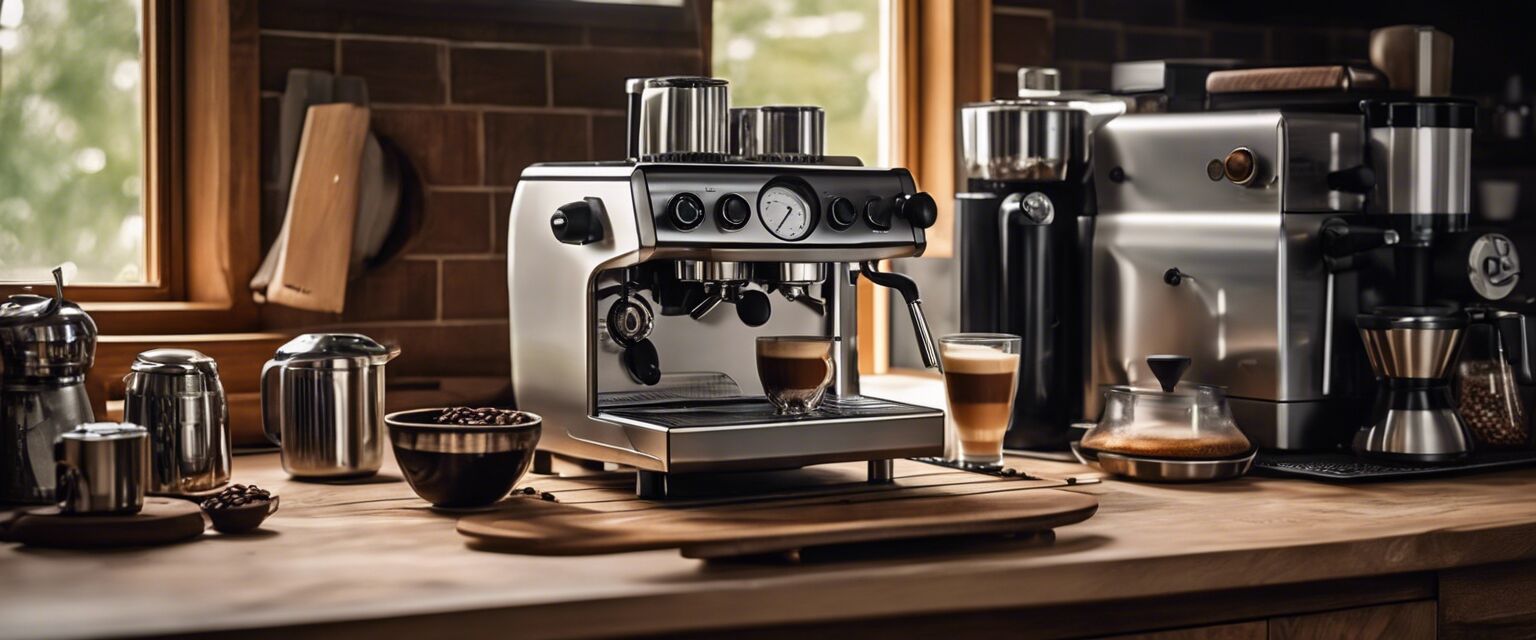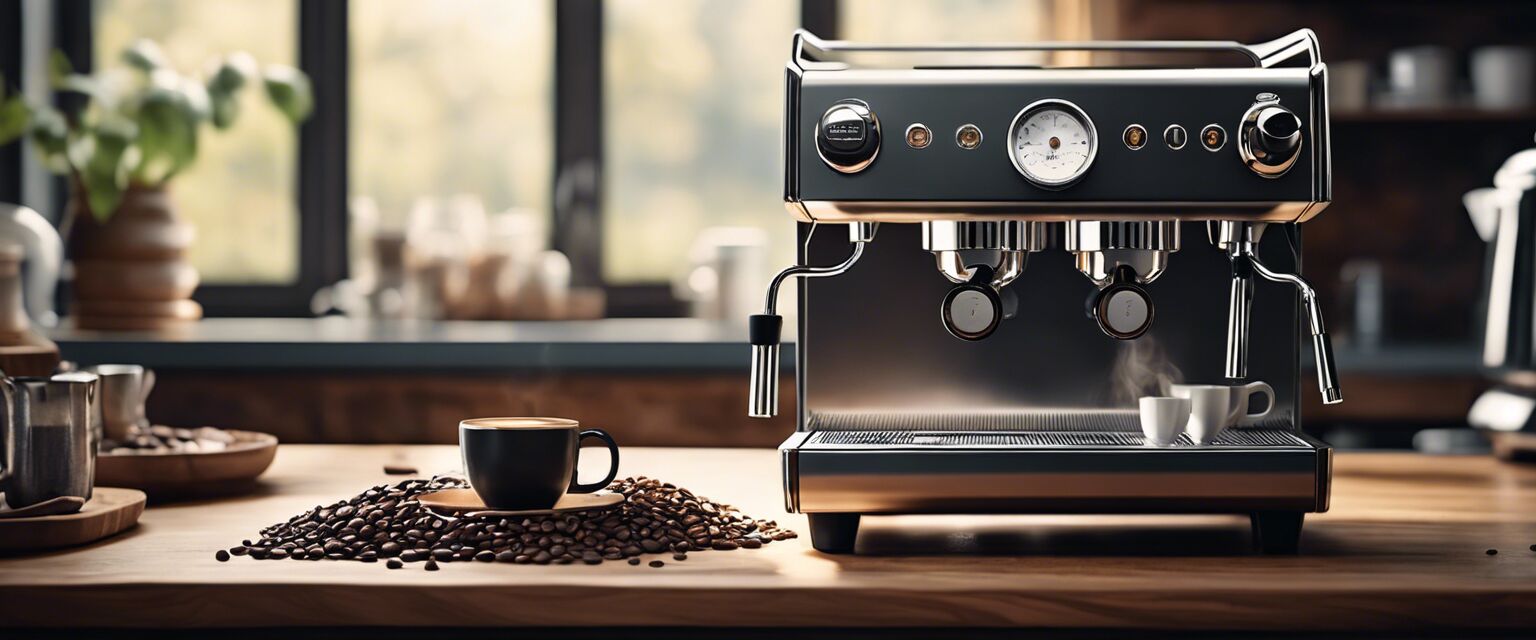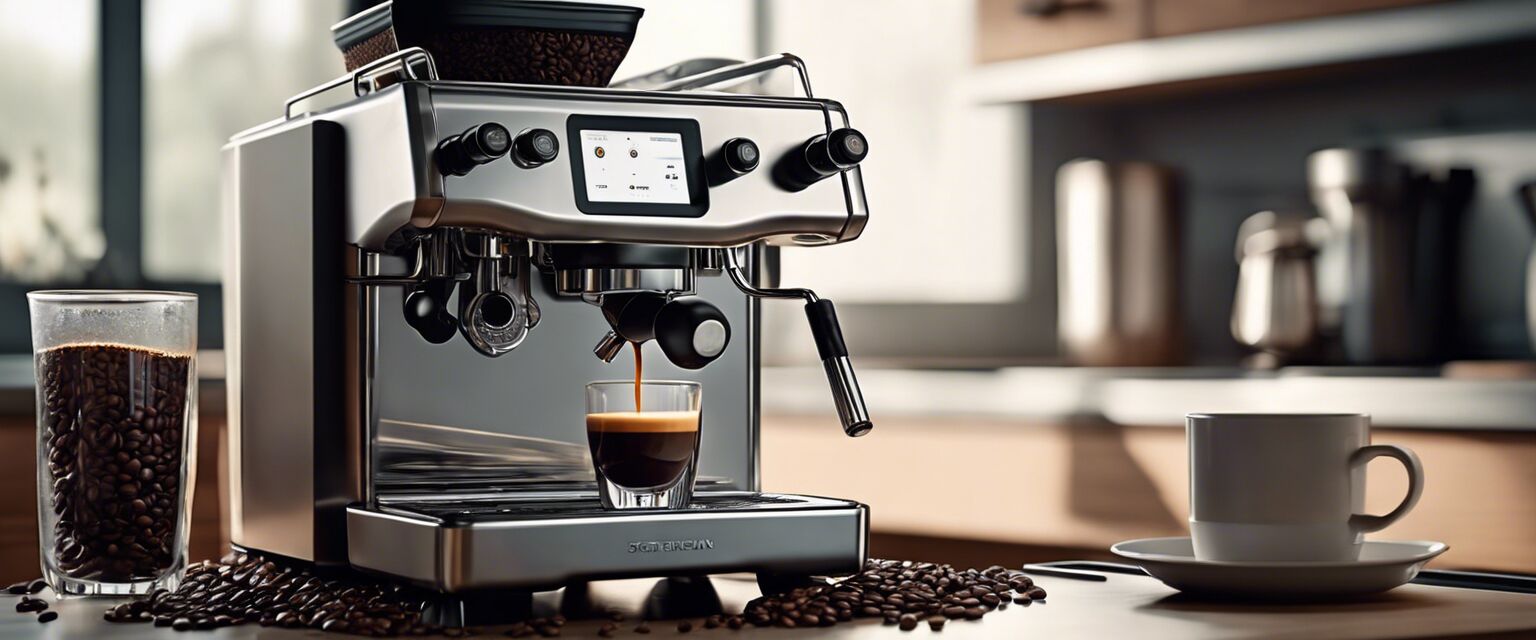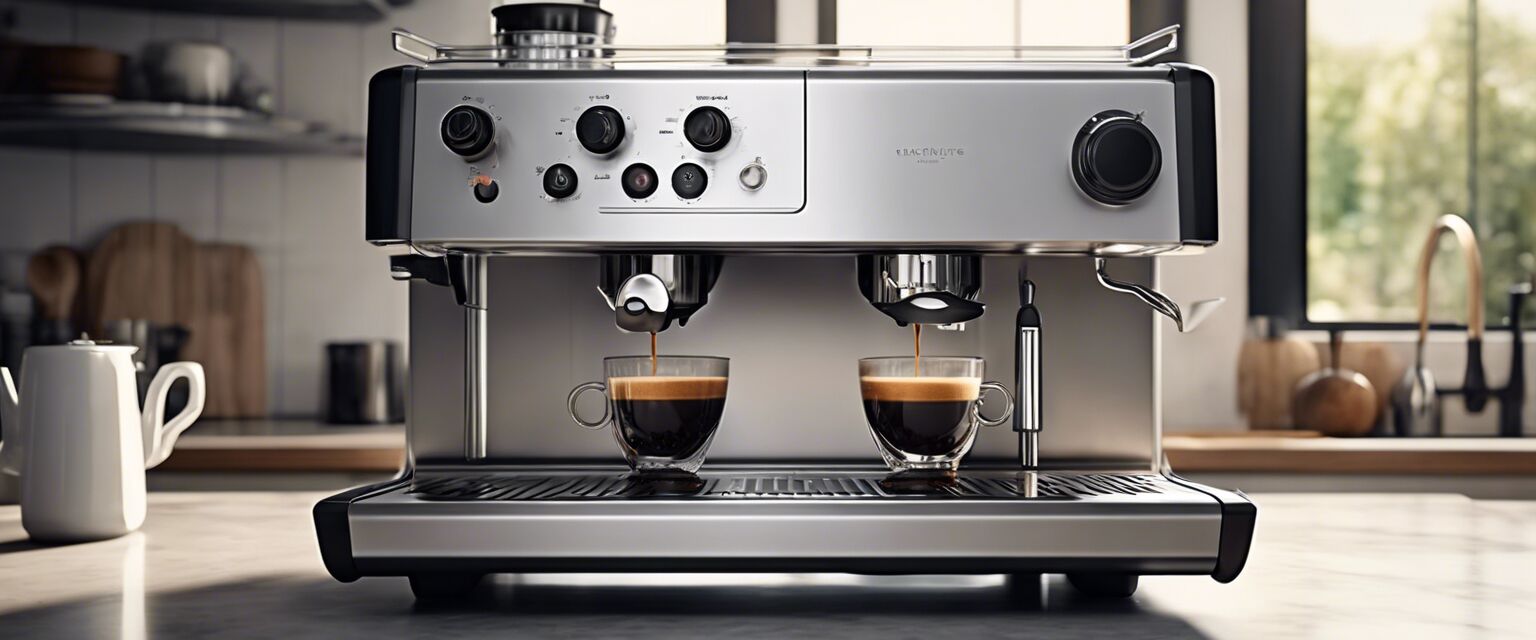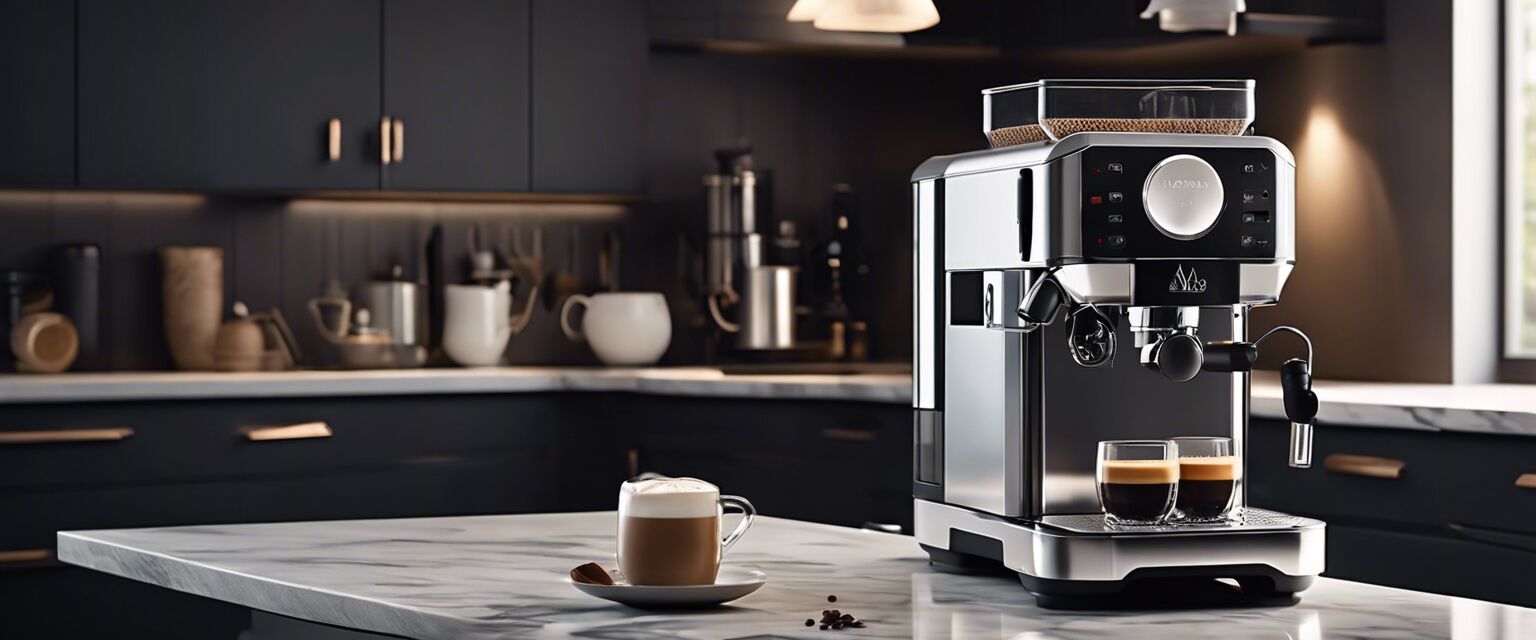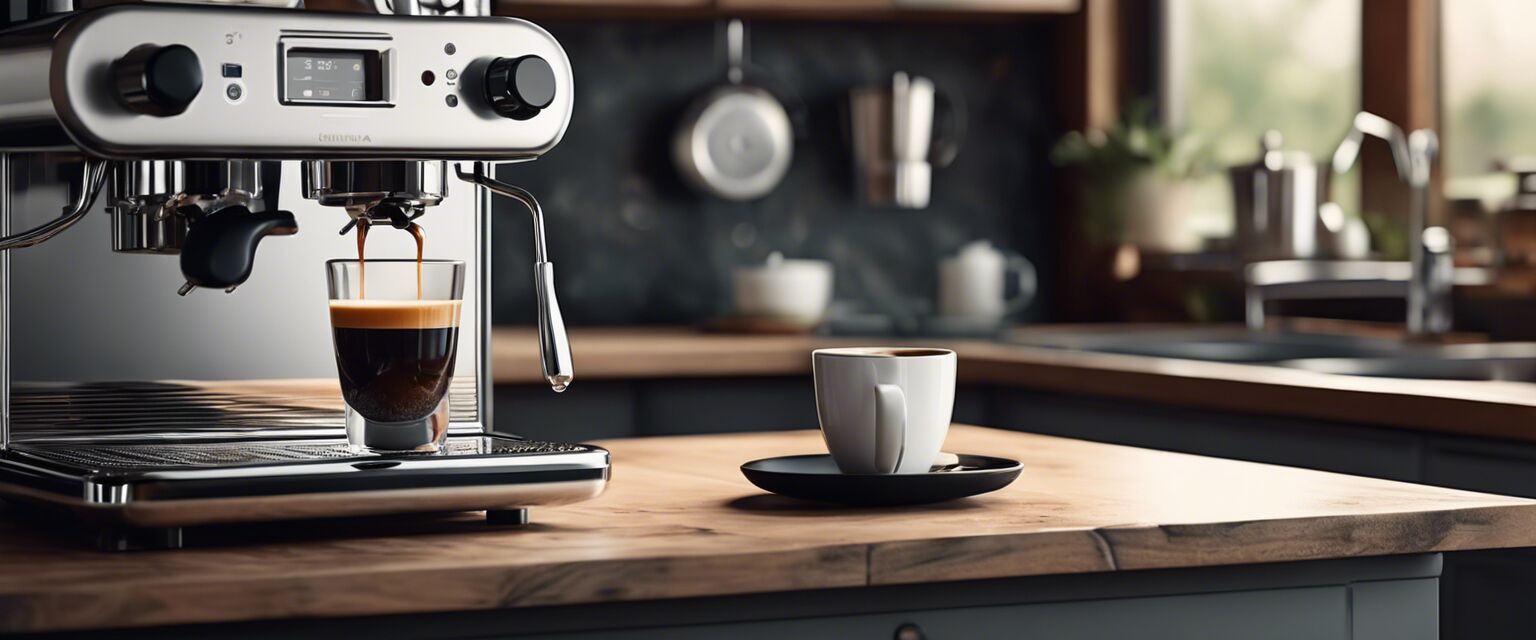
Types of Espresso Machines
Key Takeaways
- Espresso machines come in various types, each catering to different brewing preferences and skill levels.
- Understanding the differences can help you choose the right machine for your coffee needs.
- Key types include automatic, semi-automatic, manual, capsule, and commercial machines.
- Consider factors such as convenience, control, and price when selecting an espresso machine.
Espresso machines are a vital part of many coffee lovers' lives. Whether you are a seasoned barista or a home enthusiast, understanding the types of espresso machines available can greatly enhance your coffee brewing experience. In this article, we will explore various types of espresso machines, helping you make an informed decision on which one suits your needs.
1. Automatic Espresso Machines
Automatic espresso machines are designed for convenience and ease of use. With just the press of a button, these machines can grind, brew, and froth milk automatically. Ideal for those who prefer a hands-off approach to coffee making, they often come with customizable settings to adjust the strength and size of your espresso.
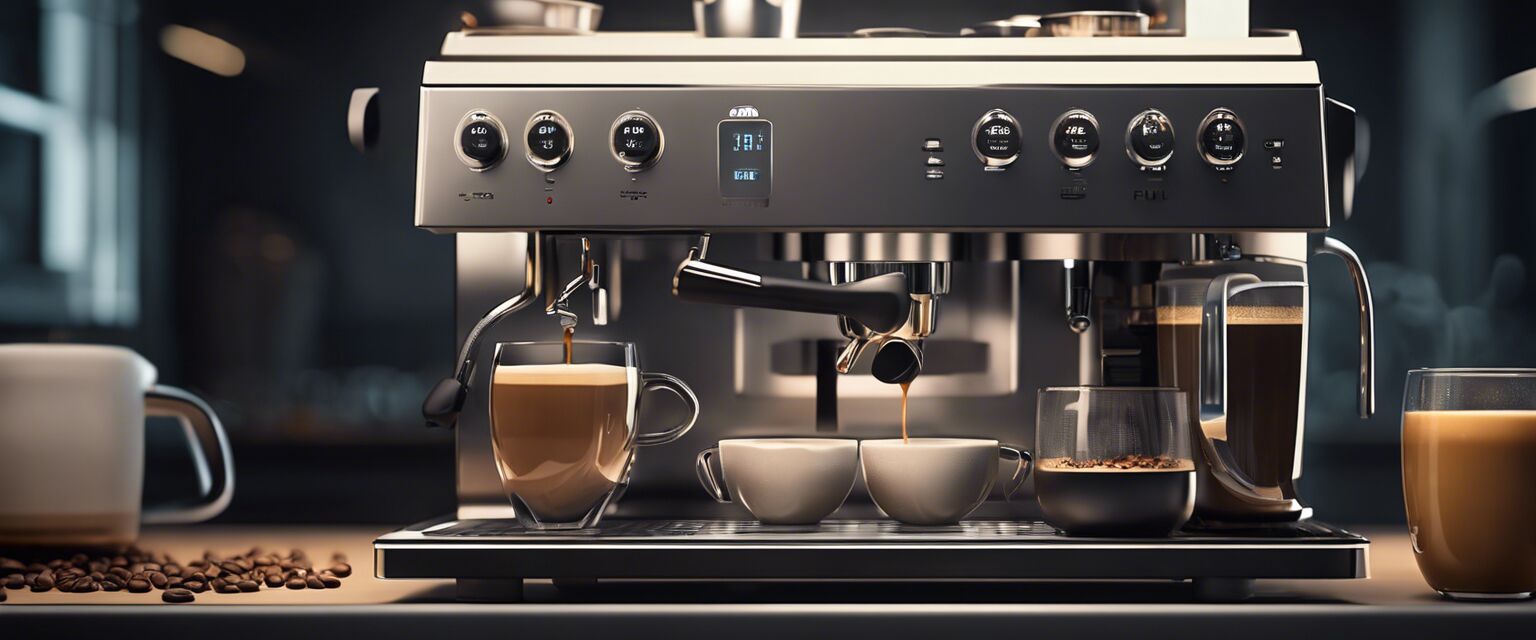
Features
- One-touch brewing
- Built-in grinder
- Customizable settings
- Milk frother for cappuccinos and lattes
Pros and Cons
Pros
- Easy to use
- Consistent results
- Convenient for beginners
Cons
- Can be expensive
- Less control over brewing process
2. Semi-Automatic Espresso Machines
Semi-automatic espresso machines offer a balance between convenience and control. They allow users to control the water flow and brewing time, giving more flexibility in the espresso-making process while still automating some aspects, such as the pump.
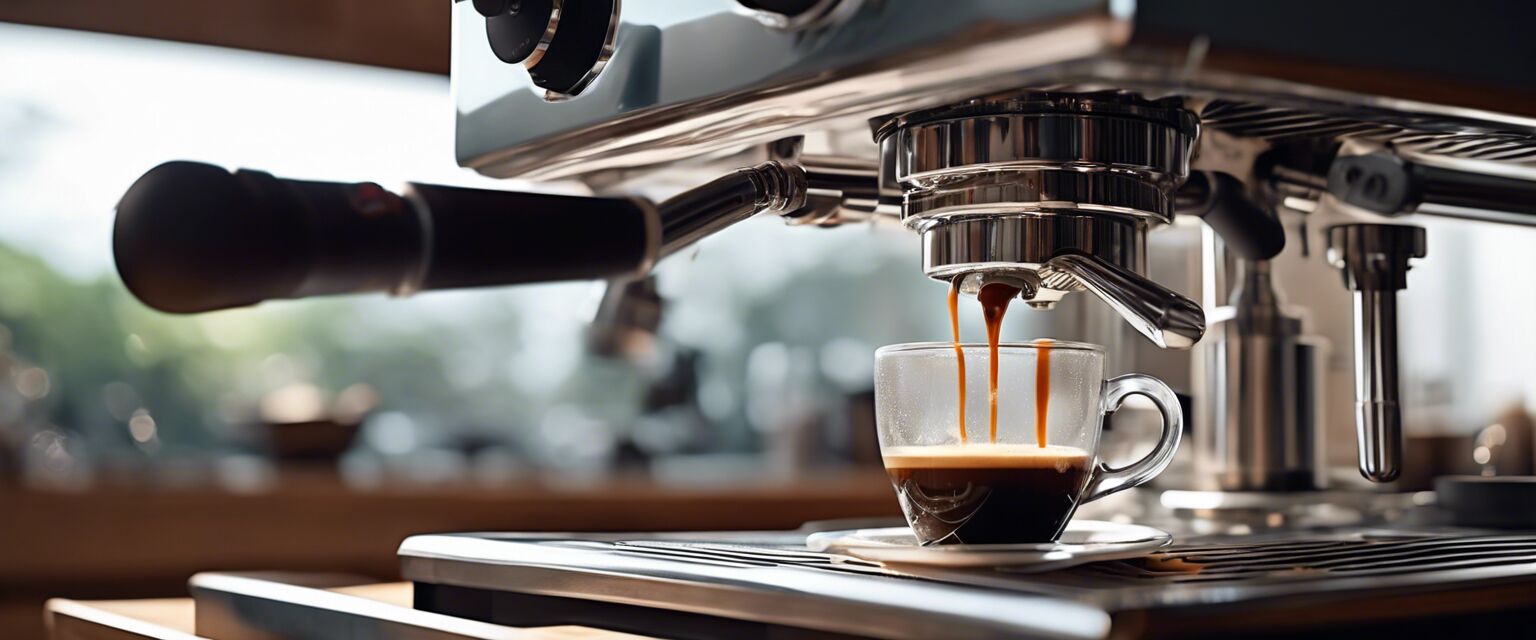
Features
- Manual control over brewing
- Requires skill to operate
- Compatible with various grind sizes
Pros and Cons
Pros
- More control over coffee strength
- Quality of espresso can be very high
- Great for coffee enthusiasts
Cons
- Requires practice to master
- Can be time-consuming
3. Manual Espresso Machines
Manual espresso machines, also known as lever machines, require users to manually control the brewing process. This type is favored by purists who appreciate the artistry of espresso making. While they require more effort, many believe the results are superior.
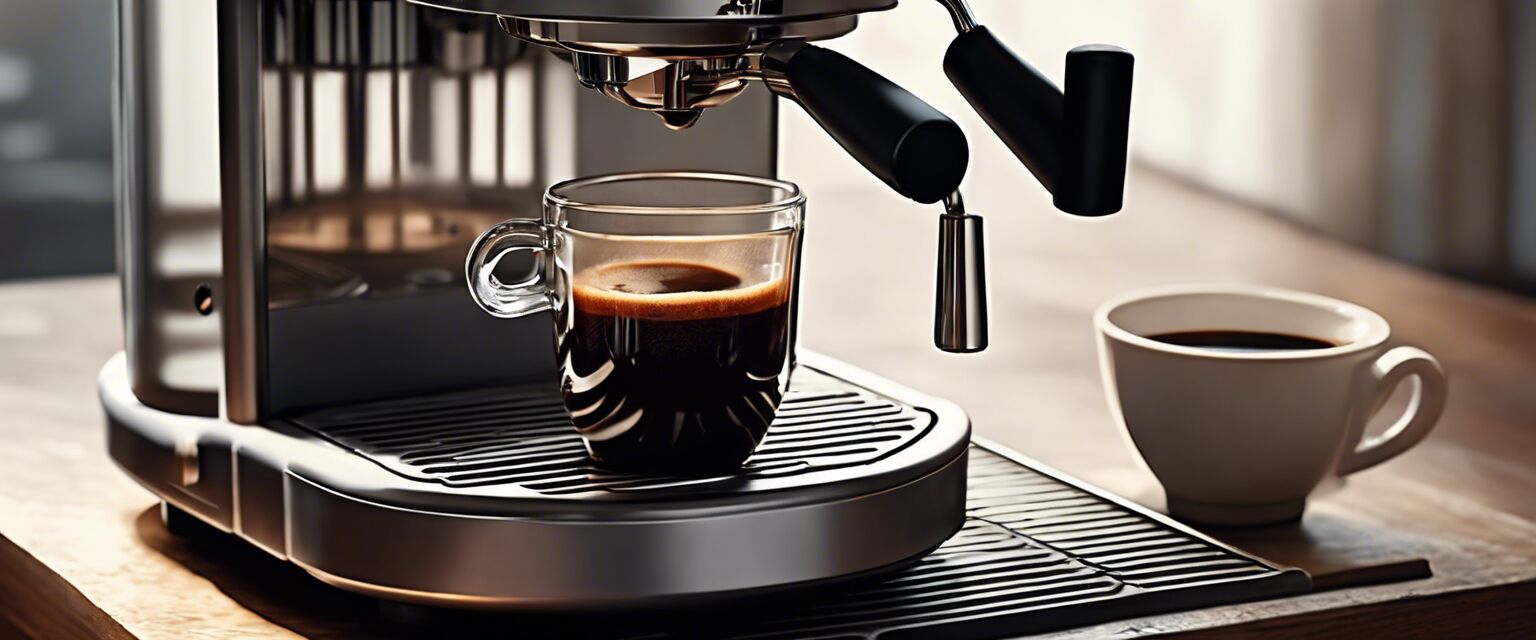
Features
- Complete control over the brewing process
- Requires physical effort to extract espresso
- Durable and often made of high-quality materials
Pros and Cons
Pros
- Full control over extraction
- Great for coffee aficionados
- Often very aesthetically pleasing
Cons
- Steeper learning curve
- Requires more effort
4. Capsule Espresso Machines
Capsule espresso machines use pre-packaged coffee capsules for brewing. They are incredibly user-friendly and ideal for those who want a quick coffee fix without the hassle of grinding beans or measuring grounds.
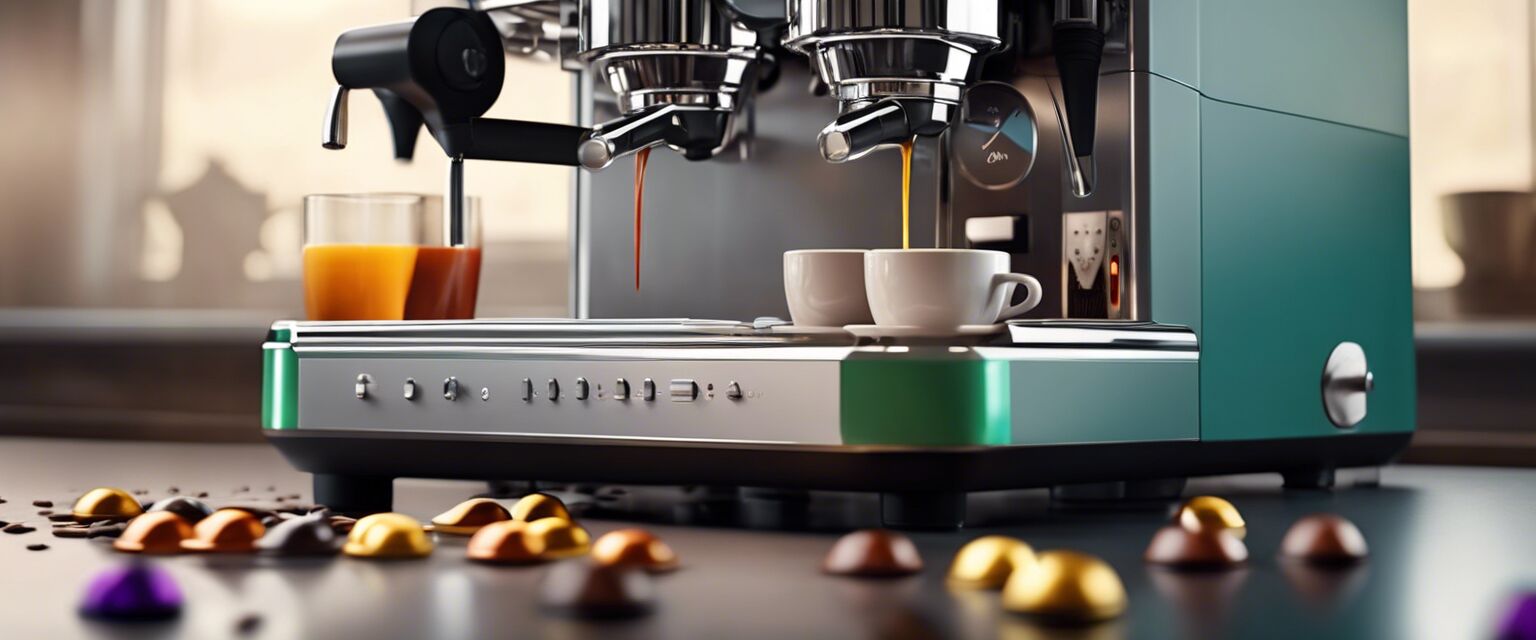
Features
- Quick and convenient
- No mess with coffee grounds
- Consistent flavor
Pros and Cons
Pros
- Very easy to use
- Minimal cleanup required
- Great for busy lifestyles
Cons
- Limited flavor profiles
- Ongoing cost of capsules
5. Commercial Espresso Machines
Commercial espresso machines are designed for high-volume settings like coffee shops and restaurants. They often come equipped with multiple group heads and advanced features to handle a large number of orders efficiently.
Features
- Built for heavy use
- Multi-group heads for simultaneous brewing
- Advanced temperature control
Pros and Cons
Pros
- High-quality espresso quickly
- Durable and built to last
- Ideal for professional baristas
Cons
- Very expensive
- Not suitable for home use
Comparison Table of Espresso Machines
| Type | Ease of Use | Control Level | Price Range |
|---|---|---|---|
| Automatic | Very Easy | Low | $$$ |
| Semi-Automatic | Moderate | Medium | $$$ |
| Manual | Challenging | High | $$$ |
| Capsule | Very Easy | Low | $$ |
| Commercial | Moderate | Medium to High | $$$$ |
Conclusion
Choosing the right espresso machine is essential for enjoying your coffee to the fullest. From automatic machines that simplify the process to manual ones that offer full control, there is a perfect machine for every type of coffee lover. Consider your brewing preferences, budget, and desired level of involvement in the coffee-making process when making your choice. For more information on specific types, check out our sections on automatic espresso machines, semi-automatic espresso machines, and manual espresso machines.
